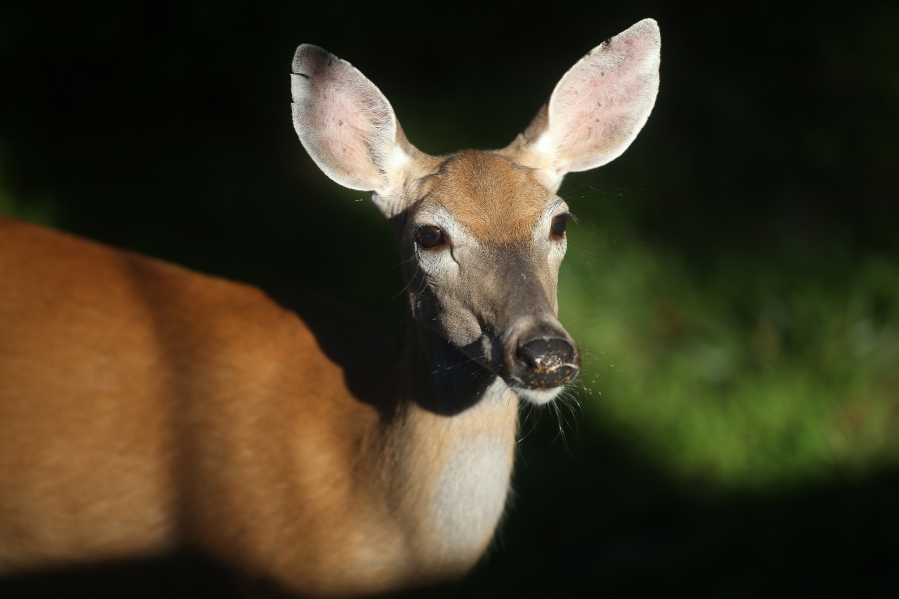New Jersey is the nation’s most densely populated state, packed with 9.2 million people. It’s not the easiest place for wild animals to cross the road.
A recently finished five-year study by the New Jersey Department of Environmental Protection looked at 1,669 DNA samples from 33 native mammal species across the state. Some samples were taken from roadkill, others from legally harvested animals. The study — conducted by 100 volunteers armed with scissors, test tubes and rubber gloves — found that New Jersey’s prolific development inhibits animals’ ability to disperse, to spread their genes.
“We hypothesize that carnivores like coyotes and bobcats may be having the hardest time because of their large area requirements compared to other animals. But landscape ‘resistance’ appears to be an issue for species with smaller home ranges too, including woodchucks and Eastern cottontails (rabbits),” the study’s authors wrote.
Bobcats, the study found, exist almost exclusively in the northwestern part of the state, where there’s more forest and mountain terrain. Animals like raccoons, red fox and white-tailed deer were more widespread. For eastern coyotes, the study found Route 1, which cuts east to west to across the state, acts as a barrier to breeding and spreading the gene pool. Animals on either side of the road are more closely related than animals on the other side.



